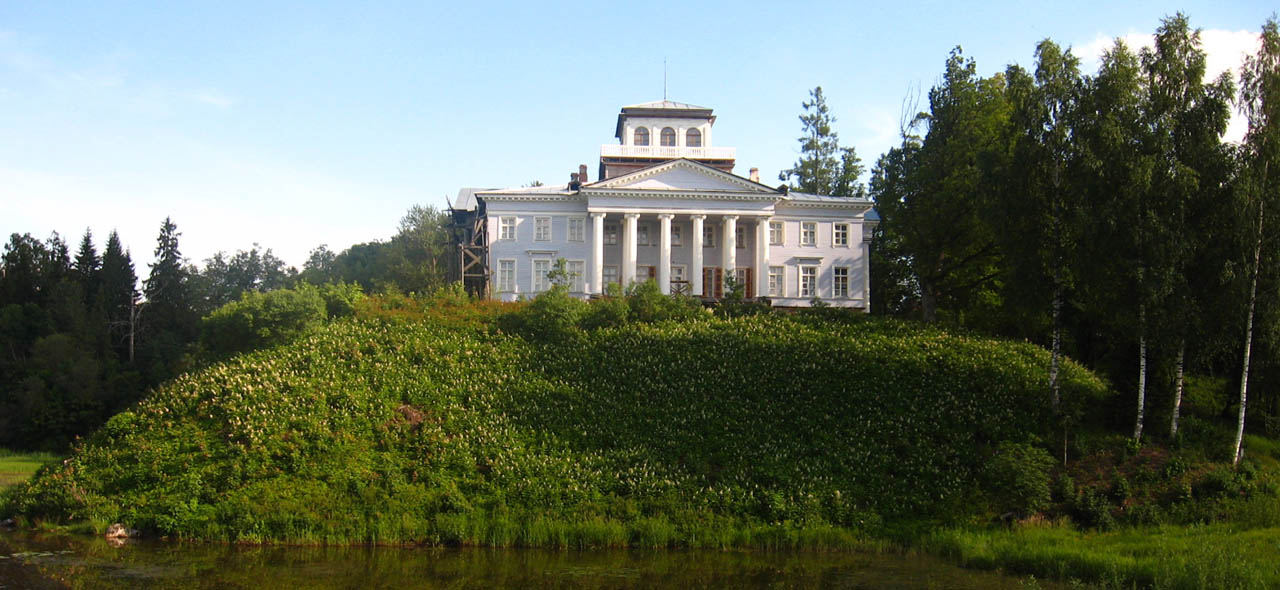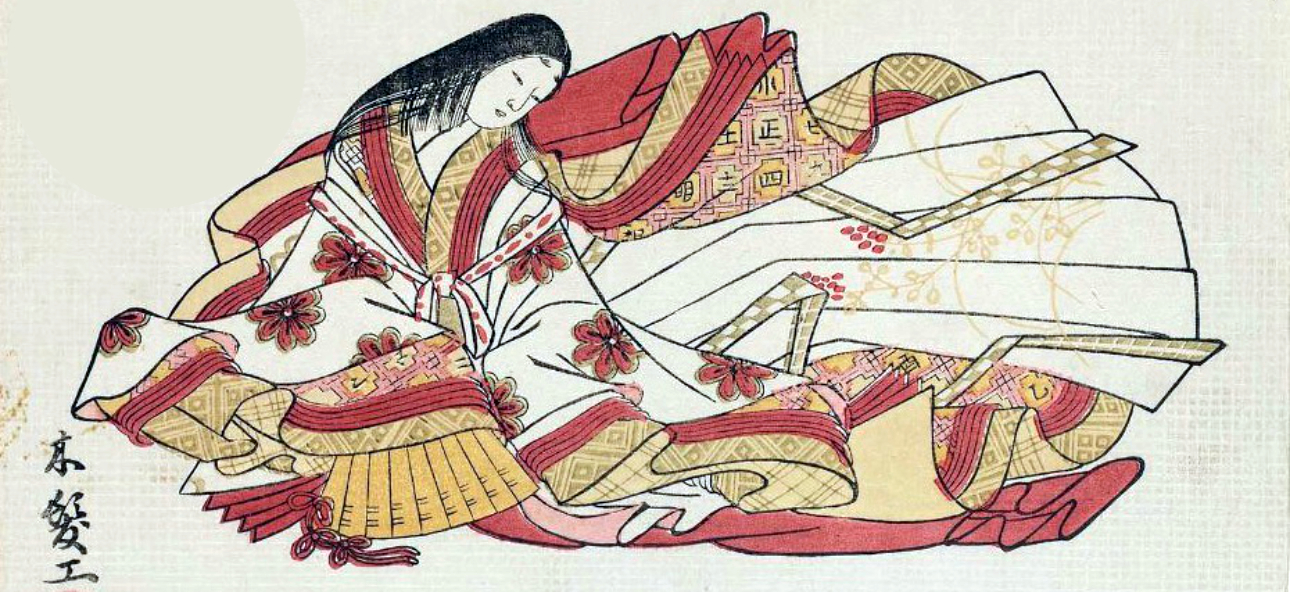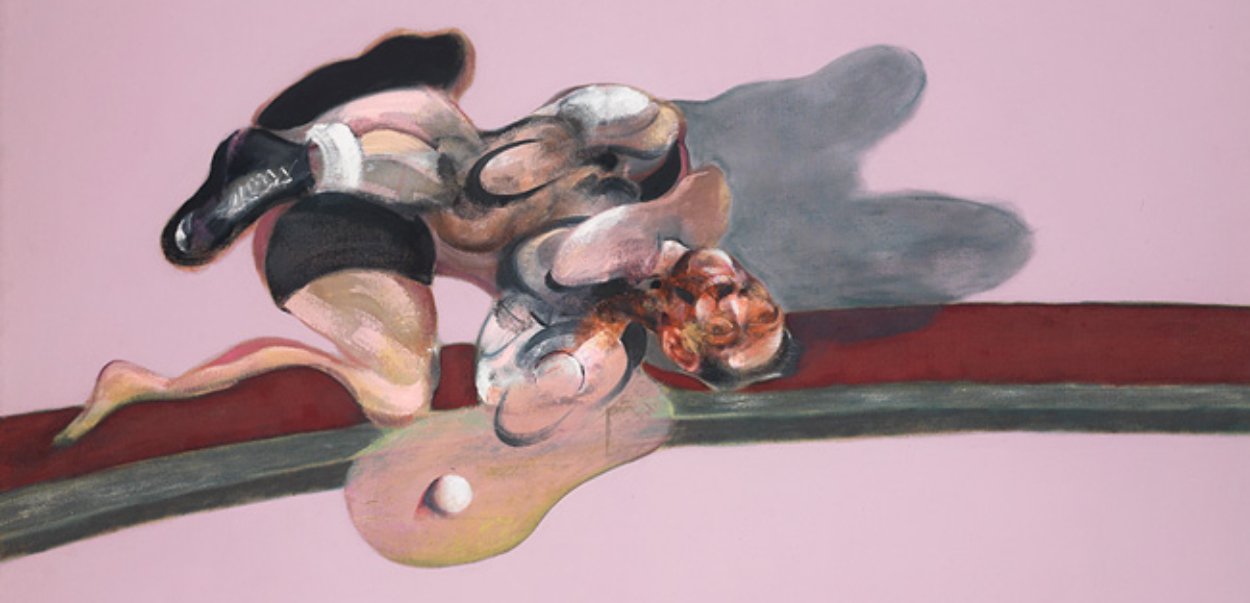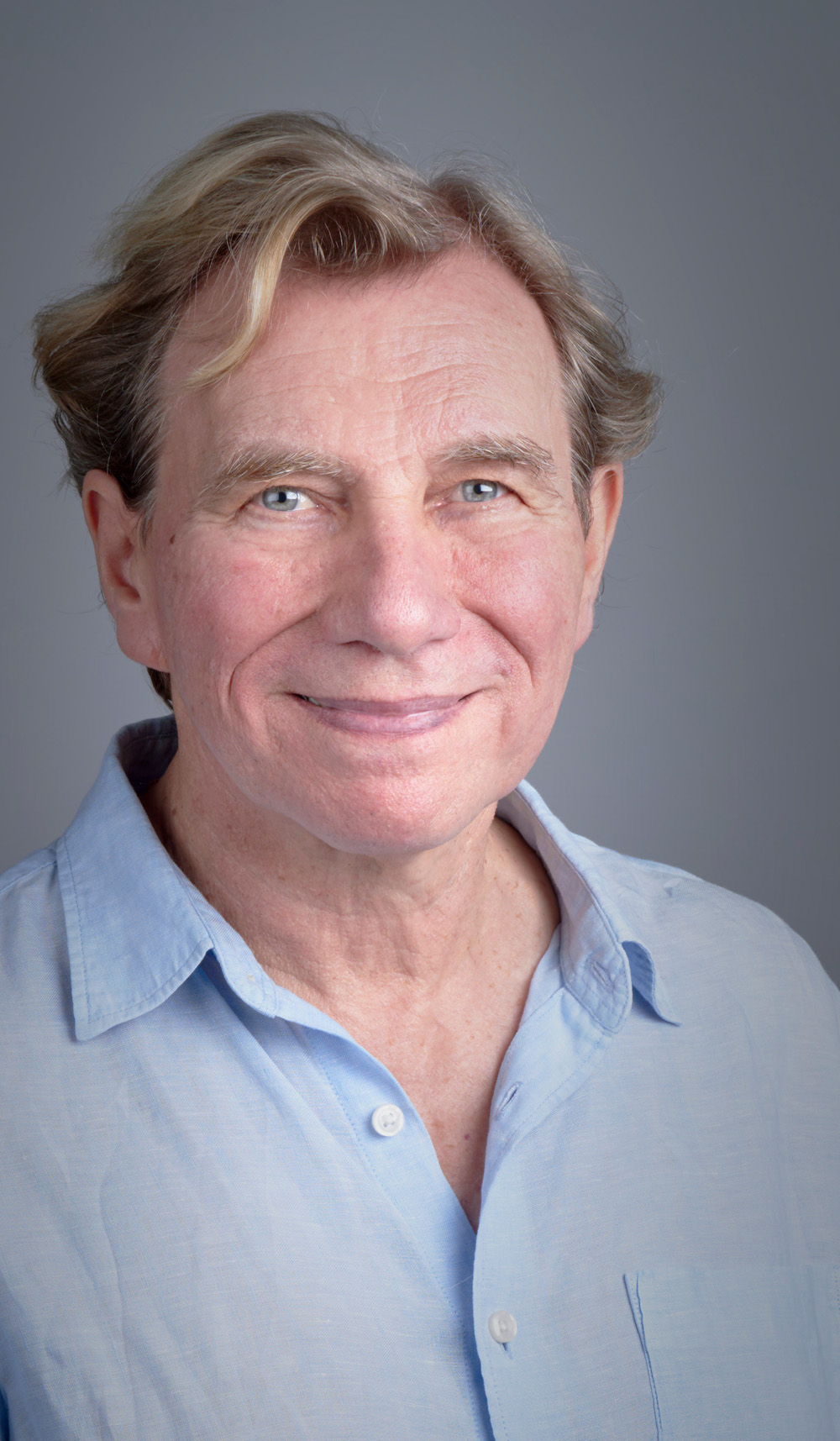We are all exiles. In time if not in space, we are inevitably parted from what is most familiar and dear to us. ’Loss’ is stamped in all our passports.
Vladimir Nabokov understood exile better than anyone. Heir to a wealthy, landowning family in Imperial Russia, he escaped the Communist revolution of 1917 to a life of genteel poverty in a Berlin boarding house. Scratching a living as a tennis and language tutor, he built a reputation by the 1930s as one of the best Russian writers alive. With his Jewish wife, Vera, Nabokov fled from Germany to France, and then to the United States. His father, a prominent liberal, was shot by a right-wing assassin in 1922. His gay brother, Sergey, was murdered in a concentration camp in 1945. Loss, then, was something Nabokov understood all too well …
In the September 2012 issue of the Australian Book Review, I write about Vladimir Nabokov and a new collection of essays on him by Brian Boyd, Stalking Nabokov.
For see the review-essay in full, see the September 2012 issue or subscribe at ABR.
Image: Rozhdestveno, seat of the former Nabokov family estate in Russia.




